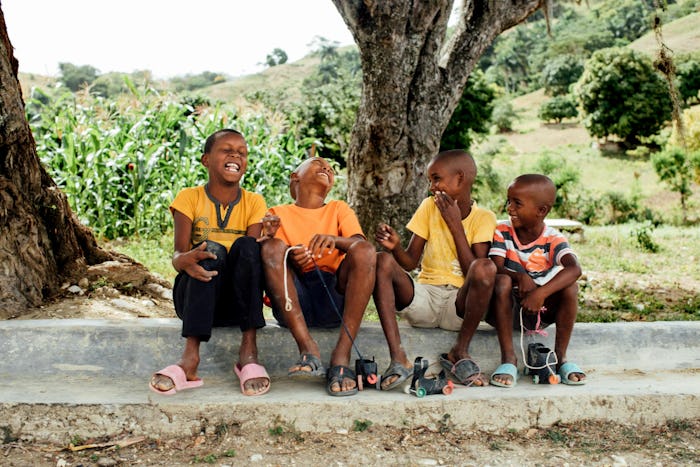You are making a difference in Dominican Republic!
A glimpse of what your sponsored child’s life is like in Dominican Republic:
HOME LIFE
- As a result of a major migration from rural to urban areas throughout the 20th century, most Dominicans live in urban areas, although a minority still live in rural areas.
- The main meal is served midday and typically lasts up to two hours. A popular national dish is la bandera (the flag),because its ingredients of white rice and red beans resemble the Dominican flag colors. It is served with meat, plantains, and vegetable stew.
- Family loyalty is a prized value, and children are taught that relatives should be trusted and relied upon.
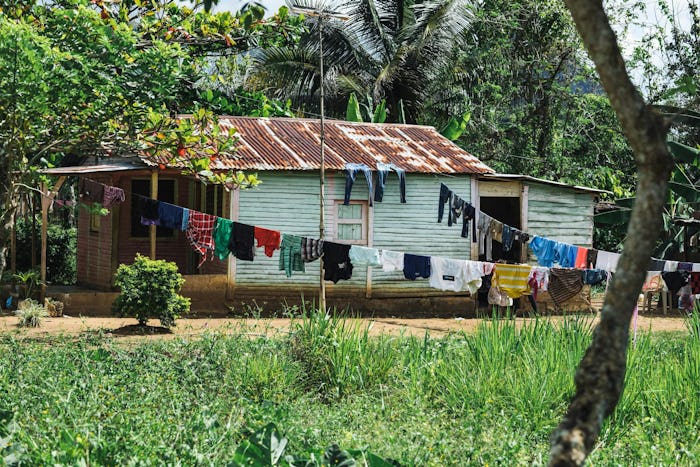
SCHOOL AND EDUCATION
- Attendance is mandatory for all children through the sixth grade.
- Students attend school through high school at no additional cost, aside from the need to provide required uniforms and books.
- While more than 90% of children finish primary school in the Dominican Republic, only about half of students who graduate from eighth grade will go on to complete secondary school.
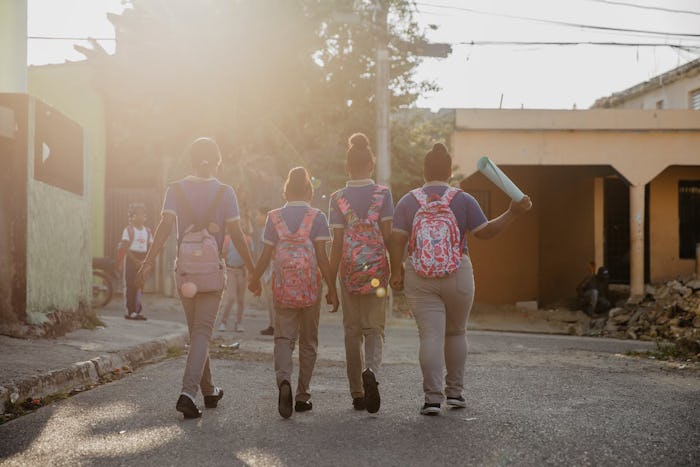
DOMINICAN REPUBLIC CULTURE
- The fusion of European, African, and Taíno traditions and customs contributed to the development of present-day Dominican culture.
- The Dominican Republic is well-known for merengue, a fast-paced rhythm-and-dance music based on African drums, brass, piano, chorded instruments, the accordion, and the tambora and güira — two instruments unique to the Dominican Republic.
- Carnival celebrations are held every February with parades, street dancing, food festivals, and music. Parades, beauty pageants, and festivals also fill the week leading up to Easter Sunday.
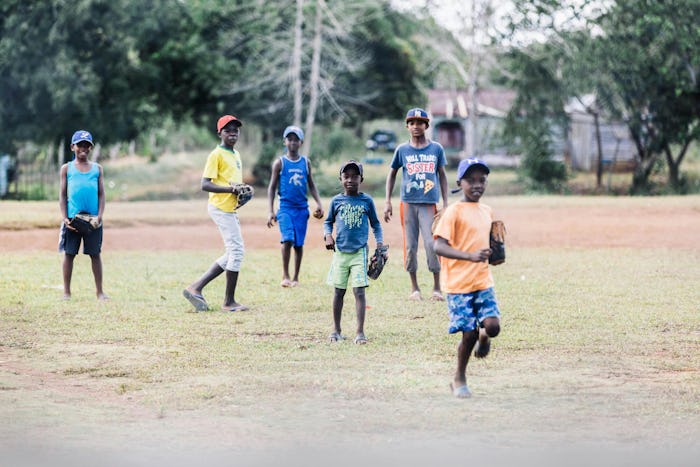
COUNTRY INFO
The Dominican Republic is a Caribbean nation that shares the island of Hispaniola with Haiti. Though known for its pristine beaches, all-inclusive resorts, and golfing, it has a varied terrain comprised of rainforest, savannah, and highlands, including Pico Duarte, the Caribbean’s tallest mountain. The Dominican Republic has the largest economy in the Caribbean.
- Capital: Santo Domingo
- Population: 10,734,247
- Language: Spanish

FH IN DOMINICAN REPUBLIC
In 1979, Food for the Hungry (FH) provided relief assistance to survivors of Hurricane David and Tropical Storm Federico. Soon after, a field office was established in Santo Domingo to reach vulnerable communities in the western and central regions of the country. Since then, FH has focused efforts on community development including livelihoods, health, and education.
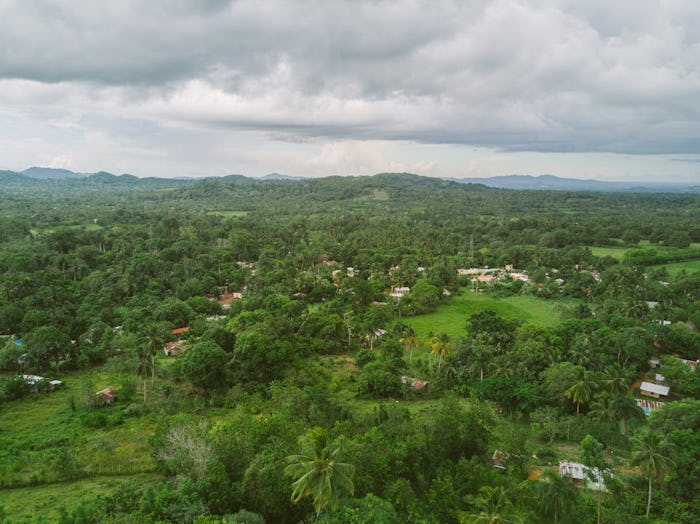
AS A CHILD SPONSOR:
- You are helping to improve the overall quality of education and student performance in the Dominican Republic through after-school tutoring and parenting classes.
- You are increasing income generation for families through food security and livelihood programs that increase crop and cattle production.
- You are providing access to safe drinking water through water filtration systems and supplying children with deworming medication.
